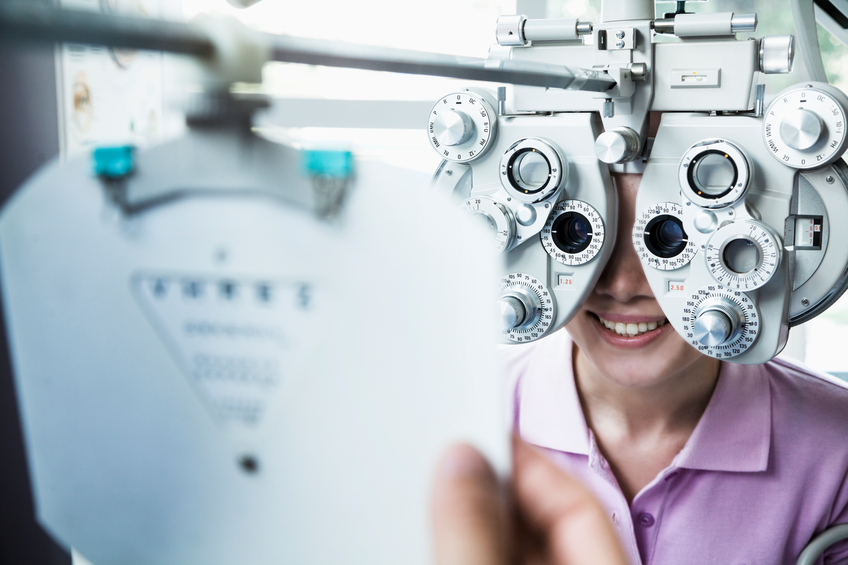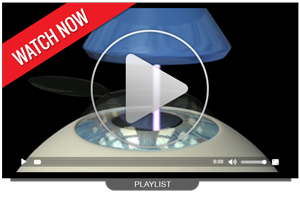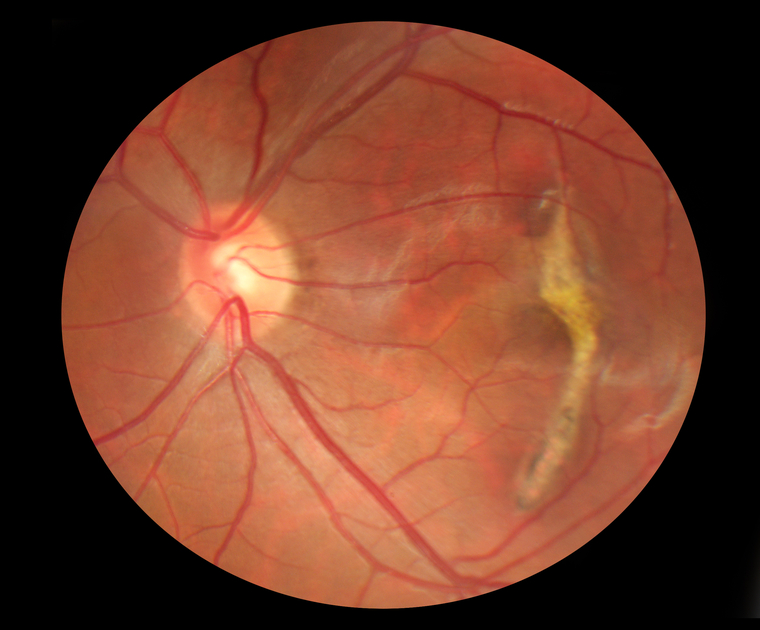As a fully licensed and equipped optometric practice, Vision Specialists of Idaho PC offers a complete range of eye care services to all our patients.
Whether the eye care issue involves correcting blurry vision with glasses or contact lenses, helping patients find their perfect eyeglasses, or diagnosing/treating different eye conditons, our experienced team will help educate and implement you on the best individual solutions for your needs.
Eye Health Evaluation
Our office has years of experience diagnosing and treating vision disorders such as nearsightedness, farsightedness, amblyopia, presbyopia, cataracts, eye pain, macular degeneration, and diabetes. Dr. Heiner and his team are equipped to provide the medical eye care you need, and we work with great local surgeons to help comanage surgical needs.
Our office offers a wide array of high-quality eye care products at reasonable prices. We strive to offer the best quality glasses, contact lenses, sunglasses, and personalized service.
Treatment of Eye Disease
If you are diagnosed with an eye disease, you want the best treatment available to help manage your condition. At Vision Specialists of Idaho PC, we stay current with best treatment practices. Based on your diagnosis, we may recommend a wide variety of approaches, including improved nutrition and prescription medications when needed. If surgery or other treatments are necessary that we don't provide, we will refer you to the best person to help you get the care that you need.
Good Eye Care Begins With A Yearly Eye Exam!
Although many do not realize it, the best way to protect your vision is with a yearly eye checkup. Even a basic eye exam can instantly detect many health-threatening conditions, such as tumors, vascular irregularities, and diabetes-related problems to the retina. At Vision Specialists of Idaho PC, that basic checkup is brief and painless.






